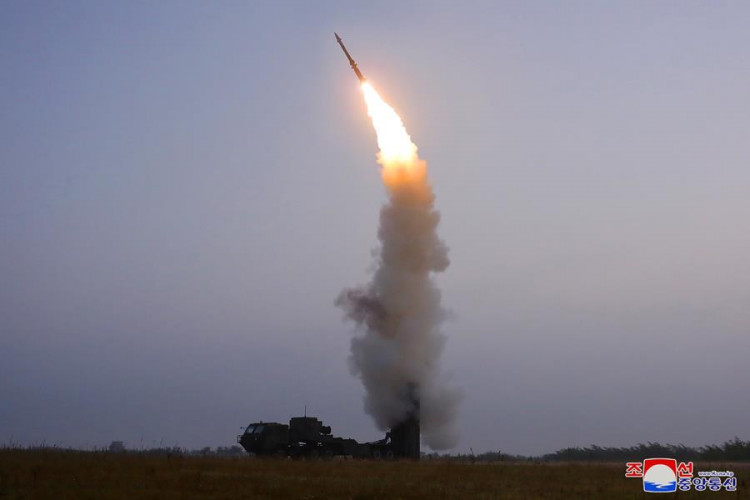For the first time this year, Russia has initiated fuel exports to Iran by rail, as traditional buyers avoid trade with Moscow. This development comes from three industry sources and export data. Russia and Iran, both targets of Western sanctions, are strengthening their alliance to support their economies and counteract the sanctions, which both countries view as unwarranted.
The global fuel market has been restructured by Western sanctions on Russian oil products, resulting from what Moscow refers to as its "special military operation" in Ukraine. Consequently, tankers are taking lengthier routes, and suppliers are selecting unconventional destinations and modes of transportation. Iran, too, has faced Western sanctions for years, limiting its access to global markets. The oil ministries of both Russia and Iran did not respond to requests for comment.
Last fall, Russian Deputy Prime Minister Alexander Novak announced the commencement of swap supplies of oil products with Iran. However, actual shipments only began this year, according to Reuters sources. In February and March, Russia exported up to 30,000 tonnes of gasoline and diesel to Iran, as two sources familiar with the export data told Reuters.
A third source corroborated the trade but could not confirm the volumes. All the volumes were transported by rail from Russia through Kazakhstan and Turkmenistan. One of the sources mentioned that some gasoline shipments were sent from Iran to neighboring countries, including Iraq, by truck.
A trader in the Central Asian oil products market said that Iran, an oil producer with its own refineries, has recently seen its consumption surpass domestic fuel production, particularly in its northern provinces.
Two traders familiar with the matter stated that Russia had previously supplied small amounts of fuel to Iran by tanker via the Caspian Sea, as occurred in 2018. Russian oil companies are now interested in exporting diesel and gasoline to Iran by rail, as sea exports are subject to high freight rates and a price cap imposed by the G7 nations.
However, the sources noted that rail exports face bottlenecks along the route. "We expect fuel supplies to Iran to rise this year, but we already see several issues with logistics due to rail congestion. That may keep exports from booming," said one of the sources familiar with supplies to Iran.






